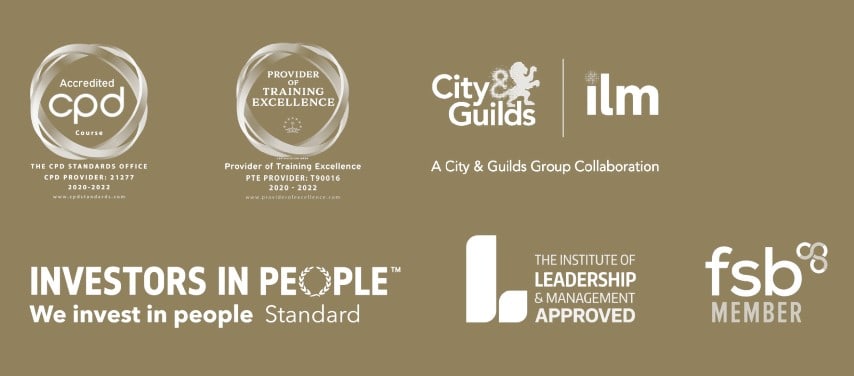
“Between stimulus and response, there is a space. And in that space is our power to choose our response. In our response lies our growth and our freedom.”
– Author Unknown.
Have you ever said something you didn’t mean or reacted in a way that you later regretted?
If the answer to this question is ‘no’, we want to know your secret! If it is ‘yes’, welcome to the human race and read on to find out how you can manage your emotional reactions in those moments when you are triggered by stress.
Picture the scenario: You are driving home after a long day at work, feeling tired and fed up with sitting in traffic. Suddenly, another car pulls out in front of you and you lean on the horn while a string of expletives pour from your mouth.
Shaking with rage you drive on, looking forward to getting home to a nice dinner and a glass of wine, followed by a relaxing bath. This soothing image evaporates as soon as you walk through the front door and trip over a pair of shoes that have not been put away. Cursing under your breath, you look up and a quick glance through the kitchen door reveals that the breakfast dishes are still on the table.
Noticing your partner sitting on the sofa, scrolling through their phone, you let rip with a bellow of frustration : “Why are you just sitting there? Can’t you see the place is a ****** mess??!! Why can’t you ever tidy up after yourself?”
Chances are that your partner will immediately go on the defensive and an argument will ensue about who has had the most challenging day or whose turn it is to tidy up and cook dinner. Afterwards, when you have both calmed down, you may ask yourself: “How did this happen? I wish I could go back in time and change what I said.”
Unfortunately there is no magic rewind button that will allow you to travel back in time and start the conversation over again. But the 6-second rule, when practiced regularly, can help reduce those “What was I thinking?” moments.
It is a fact of life that you will sometimes find yourself in situations that are stressful, challenging or exasperating. As humans, we inevitably experience changes to our moods and it is unrealistic to think that we can always have a sunny disposition.
Being in a bad mood should not be used as an excuse to treat other people badly. The trick is to learn how to control your moods, embrace them and address them in order to improve ourselves. This is easier said than done and it starts with developing your self-awareness to enable you to recognise when you are in a stressful state.
There is a profound difference between reacting or responding to a stressful situation. Reactions are instantaneous and instinctive – they happen on autopilot and stem from the subconscious part of our minds. When you react, you say or do things without considering the consequences.
Responses on the other hand are more considered. When you respond to a situation, you take a moment to weigh up the implications of your words before you say them out loud.
In the scene at the start of the article, the person returning home from work was in a reactive mode. A more considered response to the situation could have been: “After the day I’ve had I’m so glad to be home. Why don’t I pour us both a glass of wine and then we can tidy up and make a start on dinner?”
As you may have gathered by now, the trick to responding rather than reacting is to give yourself a moment to distance yourself from the situation. Taking a 6-second pause when you are triggered by stress allows you the space to make a conscious decision about what to do or say next.
Our natural tendency when faced with a stressful or challenging situation is to react immediately, without thinking about whether it is the most rational or appropriate way to act. With practice, it is possible to build our self-awareness and decrease our reactive responses. It is a continual process but one that will allow you to be more mindful in your interactions and regulate your emotions before they hit boiling point.
If you are facing a particularly stressful situation you can use the SOBER mindfulness method to stop yourself from reacting mindlessly to anger or other negative emotions. Originally developed to help people battling with addiction, this technique can also help you manage panic attacks and reduce anxiety.
STOP – Whatever you are doing, just stop.
OBSERVE – Simply observe the emotions inside you in an objective way, without judging.
BREATHE – Take some deep, calming breaths through your nose. Hold your breath for 3-5 seconds before releasing it through your mouth.
EVALUATE – Notice how you feel now and if your perspective, thoughts and feelings have changed.
RESPOND – Choose the most appropriate response to the situation, from a place of respect and kindness for yourself and others.
By developing your emotional intelligence through coaching, you can improve your self-awareness and become better at managing your emotions. We offer a number of EQ courses that will help you sustain and elevate both your personal and professional relationships and empower you to live in alignment with your true self.
Share This Page, Choose Your Platform
New Release
Crushing Etiquette
"Excellent book, extremely well written and top content, very informative and relevant to all in all walks of life and business and professionals globally that want to advance in their careers and businesses at any stage and increase their professional impact and potential."
R G Goodier
New Release
Around the World
with Etiquette
This expert-written handbook distills essential country-by-country etiquette – from table manners and business protocols to wedding customs – so travellers, expats, and global professionals can avoid faux pas and make a polished impression abroad.
The British School of Excellence is the #1 industry leading organisation in etiquette, manners, life skills and service training.
The British School of Excellence is a certified Disability Confident Employer.
We believe that we are the best at what we do, but don’t just take our word for it – see the reviews of our courses at the independent review site Coursecheck.
Become a part of the BSE community to keep up to date with our courses, articles and news. Become a better, more confident and professional you!



Strewn with real-life stories, fun facts, playful wordsmithing and engaging rhetoric, this handbook will take you from the dining table to the boardroom table and even beyond borders.